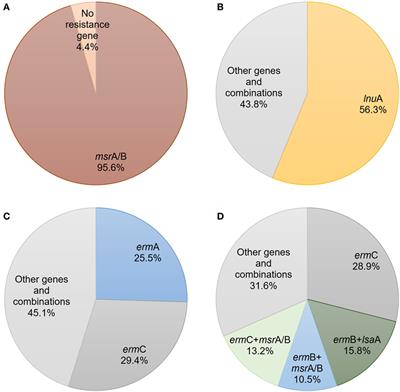EDITORIAL
Published on 25 May 2018
Editorial: Translation of Genomic Results Into Public Health Practice
doi 10.3389/fpubh.2018.00156
- 1,868 views
- 3 citations
8,758
Total downloads
44k
Total views and downloads
You will be redirected to our submission process.
EDITORIAL
Published on 25 May 2018
REVIEW
Published on 31 Jan 2018
REVIEW
Published on 31 Jan 2018

SYSTEMATIC REVIEW
Published on 25 Sep 2017

SYSTEMATIC REVIEW
Published on 12 Sep 2017

ORIGINAL RESEARCH
Published on 28 Aug 2017

PROTOCOLS
Published on 22 Aug 2017

PERSPECTIVE
Published on 04 Aug 2017

